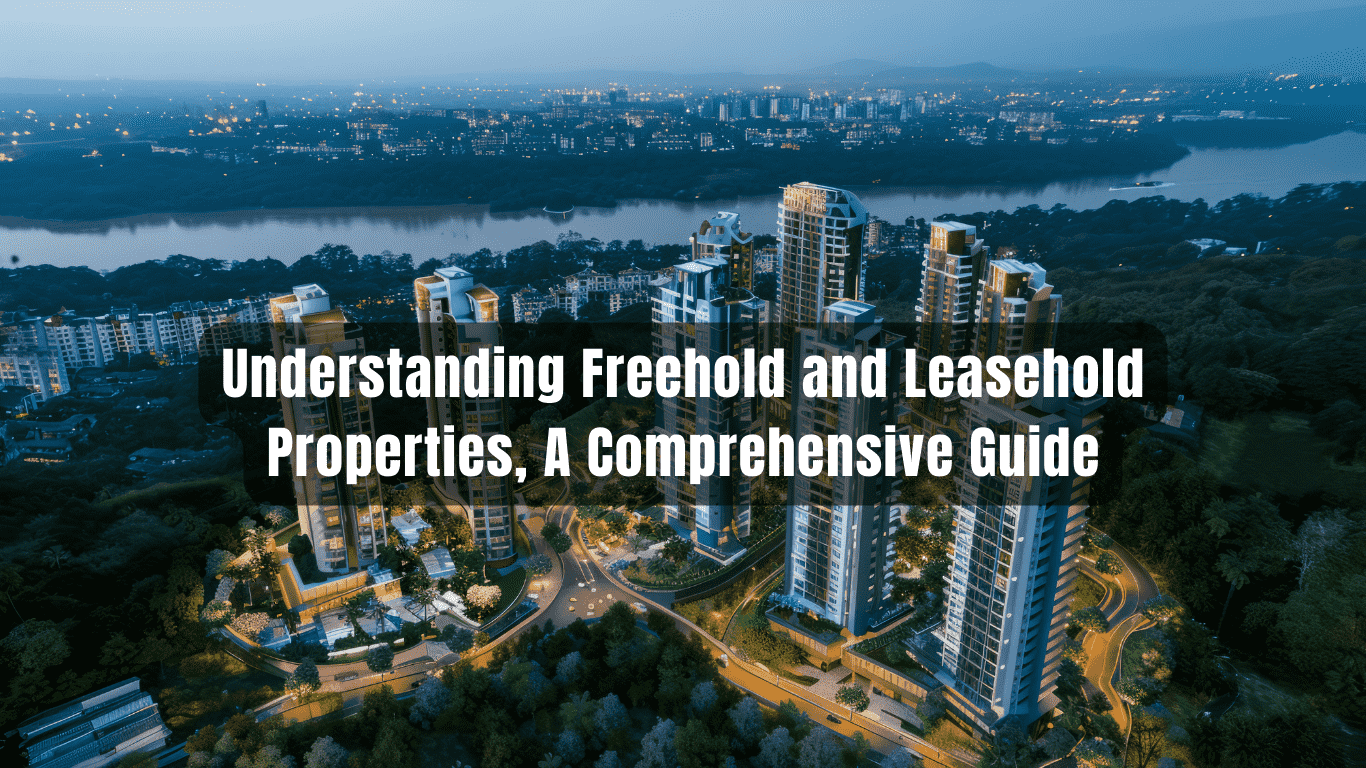A Triple-Net (NNN) lease is a commercial lease agreement where the tenant is responsible for paying all the operating expenses.

What is a Triple-Net Lease?
A Triple-Net (NNN) lease is a commercial lease agreement where the tenant is responsible for paying all the operating expenses associated with the property.
These expenses typically include:
Property Taxes: Taxes levied by local government bodies.
Insurance: Coverage for property-related risks.
Maintenance Costs: Maintenance and repairs needed to maintain the property in optimal condition.
In contrast to traditional leases, where landlords often bear these costs, a Triple-Net lease shifts this financial burden to the tenant. This arrangement benefits investors by providing a more predictable income stream and reduced management responsibilities.
Benefits of Triple-Net Leases for Investors
1. Stable Income Streams
One of the primary benefits of Triple-Net leases is the provision of a stable and predictable income stream. Here’s why:
Consistent Rent Payments: Tenants are responsible for paying all property-related expenses, including property taxes, insurance, and maintenance costs. As a result, investors receive regular rent payments without the variability of fluctuating operational costs.
Long-Term Contracts: NNN leases are typically long-term agreements, often ranging from 10 to 25 years. This extended duration provides a steady income over a significant period, minimizing the risk of vacancies and turnover.
2. Reduced Management Responsibilities
Triple-Net leases significantly reduce the amount of management and administrative work required by the property owner:
Operational Costs Covered: Since tenants are responsible for covering maintenance, repairs, and insurance, landlords are spared from handling these day-to-day operational issues. This hands-off approach means investors can enjoy passive income with minimal involvement.
Fewer Tenant Issues: With the tenant handling the property’s upkeep, the frequency of maintenance-related issues or disputes is reduced, allowing investors to focus on other aspects of their investment portfolio.
3. Long-Term Stability
NNN leases offer long-term stability for several reasons:
Predictable Cash Flow: The consistent rent payments and long-term lease agreements provide financial stability, making it easier for investors to plan and budget effectively.
Reputable Tenants: Many NNN leases are signed with well-established and financially stable tenants, such as national retailers or major corporations. This enhances the reliability of rental income and reduces the risk of lease defaults.
4. Reduced Financial Risk
Investing in properties with Triple-Net leases can reduce financial risks for investors.
Lower Vacancy Risk: Long-term leases with reliable tenants reduce the likelihood of frequent vacancies, which can impact cash flow and overall profitability.
Expense Predictability: Since tenants are responsible for operational costs, investors are protected from unexpected increases in property expenses, such as rising insurance premiums or maintenance costs.
5. Potential for Higher Returns
Triple-Net leases can lead to potentially higher returns on investment due to several factors:
Steady Rent Increases: Many NNN leases include rent escalation clauses that allow for periodic rent increases, often tied to inflation or market rates. These escalations can enhance rental income over time.
Appreciation of Property Value: Properties with long-term NNN leases and reputable tenants often appreciate in value, providing investors with capital gains in addition to rental income.
6. Attractive to Institutional Investors
NNN leases are often favored by institutional investors and real estate funds due to their stability and low management requirements:
Institutional Interest: The stability and predictability of NNN leases make them an attractive option for large-scale investors, which can drive up demand and potentially increase the value of such properties.
Portfolio Diversification: For institutional investors, NNN leases offer a way to diversify their portfolios with stable, income-generating assets.
7. Tax Advantages
In some cases, Triple-Net lease investments can offer tax advantages:
Depreciation Benefits: Investors may benefit from depreciation deductions on the property, which can reduce taxable income.
Interest Deductions: Mortgage interest payments on properties with NNN leases are often tax-deductible, further enhancing the financial benefits of the investment.
Triple-Net Lease Market Trends in India
India’s commercial real estate market is experiencing a surge in demand for Triple-Net lease properties.
Economic Growth: India’s robust economic growth is attracting businesses, increasing demand for commercial spaces with stable lease structures.
Foreign Investment: International investors are increasingly looking at Indian real estate for NNN lease opportunities due to favorable market conditions.
Evolving Regulations: Recent regulatory changes have made it easier for investors to engage in NNN leases, further boosting market interest.
Examples of Successful NNN Lease Investments in India
Retail Chains: Major retail chains like Starbucks and H&M are opting for Triple-Net leases, ensuring that their operational costs are covered, and they benefit from long-term stability.
Office Spaces: Companies such as WeWork and Regus are also leveraging NNN leases for their office spaces, attracting investors with high returns and minimal management requirements.
Strategies to Maximize Profits with NNN Leases
Choosing the Right Property
The success of a Triple-Net lease investment begins with selecting the right property. Key factors to consider include:
Location: Opt for properties in high-traffic areas or prime business districts to attract quality tenants.
Tenant Quality: Secure leases with reputable tenants who have a strong financial background to minimize the risk of default.
Negotiating Favorable Terms
Effective negotiation is critical to maximizing returns. Focus on:
Lease Duration: Longer lease terms often translate to higher stability and fewer vacancies.
Rent Escalation Clauses: Include clauses that allow for periodic rent increases to keep pace with inflation and rising property values.
Managing Risks
Even with NNN leases, some risks are inherent. To manage these risks:
Conduct Thorough Due Diligence: Research the tenant’s financial health and market conditions before signing a lease.
Maintain a Reserve Fund: Set aside funds to cover unexpected expenses or vacancies, ensuring financial stability.
Challenges and Considerations
Market Risks
Economic fluctuations can impact the profitability of NNN leases. Keep up-to-date with market trends and economic indicators to make informed investment decisions.
Tenant Management
While NNN leases reduce management responsibilities, tenant issues can still arise. Ensure you have a clear agreement and a robust legal framework to address any potential disputes.
Regulatory Issues
Compliance with local regulations is essential. Keep abreast of changes in property laws and leasing regulations to avoid legal complications.
Conclusion
Triple-Net leases present a compelling opportunity for investors in India’s growing real estate market. By grasping the benefits, trends, and strategies related to NNN leases, you can optimize your returns and reduce management responsibilities.With careful planning and strategic investments, Triple-Net leases can be a valuable addition to your real estate portfolio.
FAQs
What are the key advantages of NNN leases in India?
NNN leases offer stable income streams, reduced management responsibilities, and long-term stability.
How do NNN leases compare to other lease types?
Unlike Gross or Modified Gross leases, NNN leases transfer most operating costs to the tenant, providing more predictable income for landlords.
What should investors look for in NNN lease properties?
Key factors include property location, tenant quality, and lease terms.
How can one negotiate the best terms for an NNN lease?
Focus on long lease durations and rent escalation clauses during negotiations.
What are the common risks associated with NNN leases?
Risks include market fluctuations, tenant issues, and regulatory changes.
How has the market for NNN leases evolved in India recently?
Recent trends show increased demand driven by economic growth, foreign investment, and evolving regulations.


































.png)
-min.png)
-min.png)
-min.png)
-min.png)







.png)









